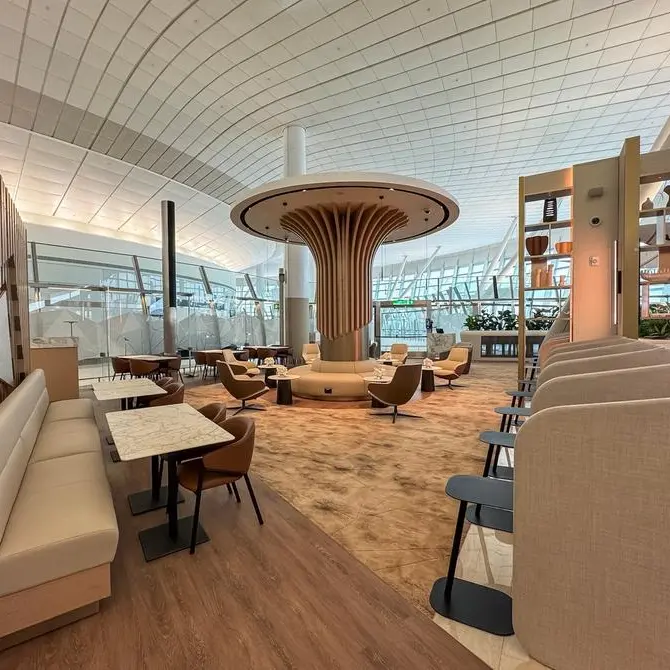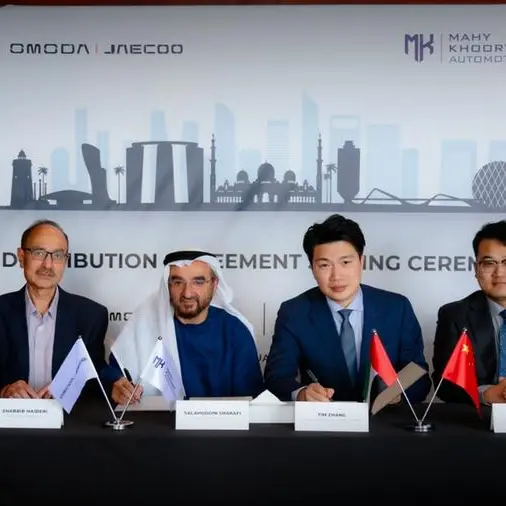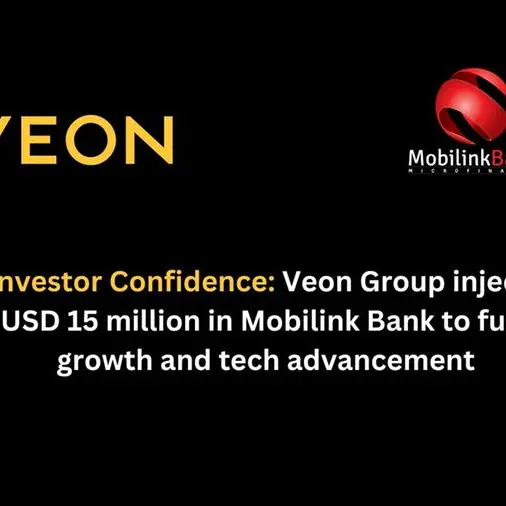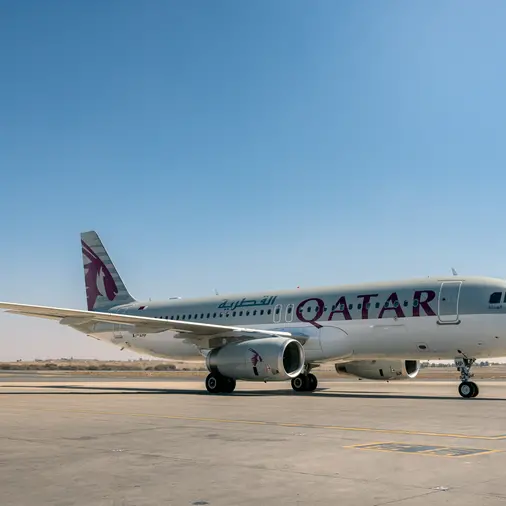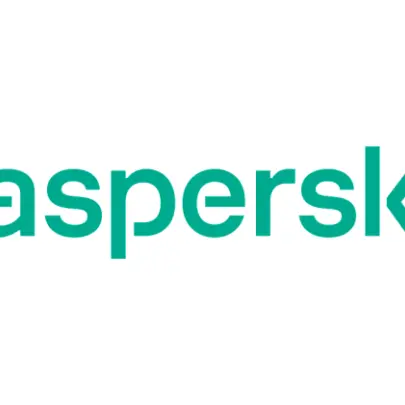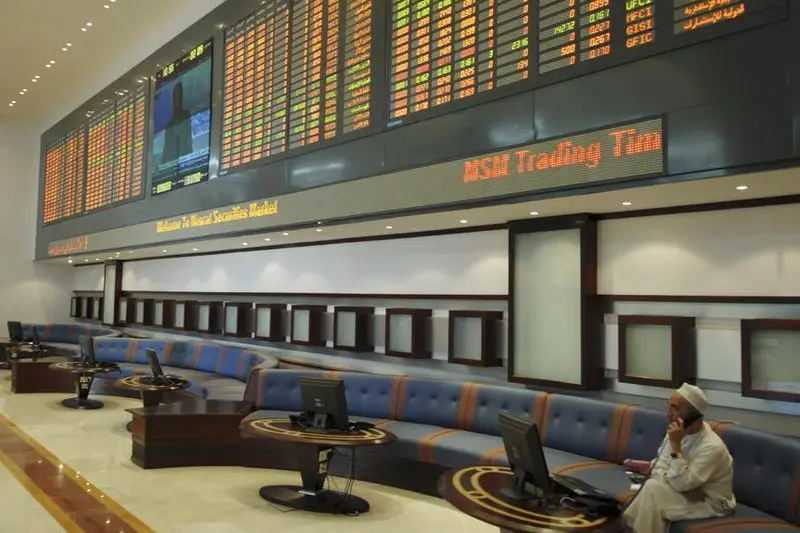- Whitepaper highlights how data, analytics, digital infrastructure, connectivity, and enabling regulation, are critical to bringing human-centric cities to life
Dubai, UAE: A new white paper on Urban Tech, commissioned by Mastercard in partnership with Arabnet, is shining a spotlight on how Saudi Arabia’s e-government, tourism, healthcare, and transit sectors stand to benefit from smart city use cases in the Kingdom.
The paper showcases how the increasing trend of urbanization is creating opportunities for Urban Tech, with the global market expected to increase from $81 billion in 2018 to $158 billion by 2022, according to data from IDC.
Human-centric design principles
The white paper identifies three design principles for smart cities building a strong urban tech strategy that is human-centric: it must deliver a seamless experience, be inclusive and engage individuals as co-creators.
Inclusivity can be boosted by increasing access to high-quality connectivity and promoting digital literacy programs – as has been done by the Saudi Digital Academy, an initiative by the Ministry of ICT. On the topic of engagement, the paper explains how cities can tap into the collective intelligence of residents by partnering with GovTech startups.
Enablers to stimulate smart city growth
Keeping these human-centric design principles in mind, the report expands on why cities must invest in the key enablers needed to stimulate the growth of inclusive cities: connectivity and infrastructure, data and analytics, and regulations.
The paper highlights 5G, Wi-Fi 6, cloud computing, virtual reality and geospatial technology as focus areas for digital infrastructure to develop cities that can collect and respond to data in real-time. Building a “data culture” is crucial, especially as data-driven technologies such as machine learning, artificial intelligence (AI) and data visualization have the potential to increase a city’s capita GDP by 21%, according to an ESI Thoughtlab study. In addition, the document shares recommendations for a legal and policy framework enabling the free-flow of data across international boundaries.
Saudi Arabia as a shining example
Figures released by the Saudi Ministry of Municipal and Rural Affairs (MOMRA) reveal the Kingdom has witnessed a steep rise in its urban population, with more than 83% now living in urban areas. This is expected to grow to 97.6% by 2030.
In pursuit of its Vision 2030 which aims to fundamentally reshape the economy and society, the Kingdom has invested around $4 billion in the country’s digital infrastructure. As a striking example, the process has already started, with Saudi Arabia’s mega-city, NEOM, set to project the country into the future with its smart, connected metropolis powered by robotics and artificial intelligence.
“The core aim of urban technology is to improve the quality of life of residents in cities and this white paper outlines the elements that can bring this to life, and the sectors that are likely to benefit first. Mastercard is committed to help build resilient cities of the future together with our partners. With our secure technologies, advisory services and comprehensive e-gov services, we work closely with both the public and private sectors to co-develop, deliver and scale solutions that make cities smarter, more dynamic, and ultimately – more livable. The progress that Saudi Arabia has made so far in this respect is admirable, and we look forward to continue our collaboration with the government and other stakeholders,” said J.K. Khalil, Cluster Head and Country Manager, Saudi Arabia, Bahrain and Levant at Mastercard.
Mastercard has collaborated with numerous players to support Saudi Arabia’s digital transformation. Last year, Saudi Payments, operator of the national payment infrastructure, under the supervision of SAMA, launched Saudi Arabia’s instant payments system ‘sarie’ in cooperation with IBM and Mastercard. The system aims to improve Saudi Arabia’s financial ecosystem, mainly through the adoption of faster payments and improvements to banking reconciliation.
Another key high-profile Saudi project that Mastercard is a key stakeholder of, is the Riyadh Metro project which is of strategic importance for the Kingdom. The selected gateway for all ecommerce transactions related to the metro project is the Mastercard Payment Gateway Services (MPGS) and Mastercard transit experts have worked closely with Saudi British Bank (SABB) and the Central Bank while leveraging global best practices to help define the open loop infrastructure for this initiative.
“MENA is well-positioned to be a world leader in Urban Technology, with mega-projects like Neom expected to set the global standards for smart cities moving forward. Through Arabnet's research services and extensive network of experts, we’re thrilled to launch this White Paper with Mastercard to provide insights and best practices for the entities that are driving this ambitious vision of the future,” said Omar Christidis, CEO & Founder, Arabnet.
According to KPMG, annual spending by smart cities across the Middle East and Africa is forecast to double from $1.3 billion to $2.7 billion this year, powered by progressive smart city projects, plans, and initiatives across the region. The future of urban tech is also being shaped by digital initiatives originally developed during COVID-19, for example Saudi Arabia’s applications for remote healthcare services, medication delivery, and contact-tracing.
Another example that reflects the increasing spend on urban technology is in the area of eSports which is growing rapidly in the Kingdom and expected to add $21billion to the nation’s GDP. Studies by the Saudi eSports Federation show that 85% of gaming fans in the Middle East and North Africa are in Saudi Arabia of which 78% are Saudi nationals. 70% of these fans say they are excited and curious about the Metaverse and willing to use associated technologies to spend, play and view eSports. It is such potential that provides impetus to the growth of a digital infrastructure in the enablement of smart cities.
Among the information and opportunities highlighted in the white paper are:
- Overall e-commerce transactions in Saudi Arabia have grown over 42% between 2019 and 2020.
- There is a significant opportunity for growing electronic transactions for government services in Saudi Arabia, which currently account for only 8% of overall e-commerce transactions in the country, compared to 40% in the UAE.
- Saudi Arabia has been a pioneer at deploying 5G networks, with 60 governorates covered as of August 2021.
- Zero Carbon Travel is a potential opportunity for Saudi’s burgeoning tourism sector.
- Saudi Arabia leads in the way in the field of smart mobility, and plans to invest $36 billion in transportation infrastructure projects over the coming decade.
- Advanced Digital Identity efforts across industries and Industrialized AI can help Saudi Arabia stand out and differentiate itself.
Mastercard, together with its partners, is playing a leading role in bringing together the private and public sector to co-develop, deliver and scale solutions that make cities smarter, building and sustaining inclusive, digital economies through the very latest technology. Through its City Possible program, Mastercard also facilitates city-to-city collaboration to share best practices and advance innovative, inclusive, and sustainable urban development.
